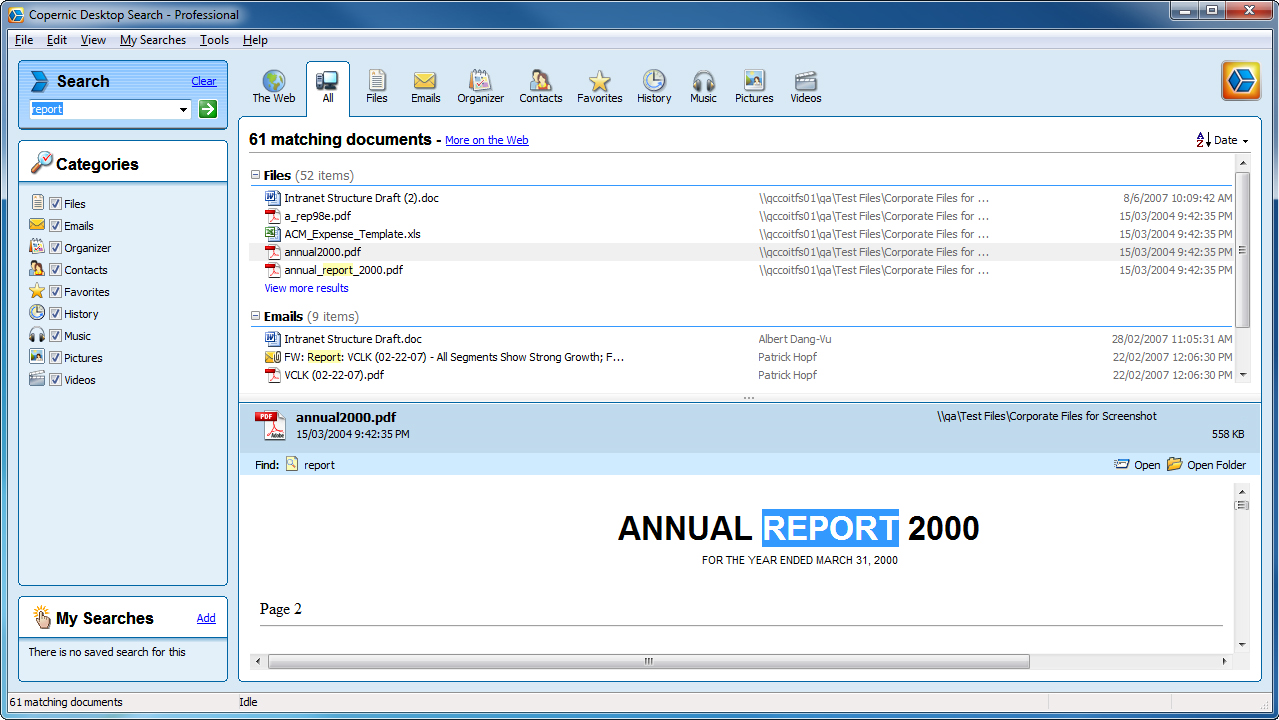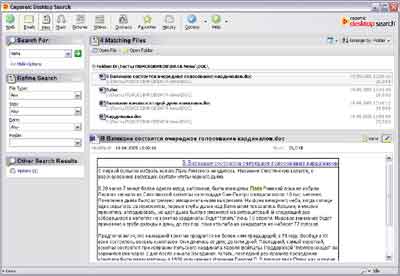


Google makes its money by serving up ads related to your searches, and that includes those for your local files. Also, Copernic gives you more control over what types of files and other content gets searched, and how often.Īdd storage devices to be indexed by Google Desktop Search, or exclude folders or Web sites from its search index.Ī big question with Google Desktop Search is security: If your hard drive is formatted as NTFS, you can choose to encrypt your index and data, but this slows down your file searches and indexing. In my experience both seem to slow things down more than Copernic Desktop Search. That's not to say there's anything wrong with Google Desktop Search or Windows Desktop Search, both of which help you ferret out those important e-mails, Office files, images, videos, and other items you've misplaced on your hard drive and other storage devices (though these locations may not be indexed by default). After bouncing between the three, I've settled on Copernic for its speed, ease of use, and relatively small footprint. I've used at least a half-dozen different file-search tools in the last few years, but three have stood the test of time: Google Desktop Search, Microsoft's Windows Desktop Search (or simply Windows Search in Vista, where it replaces the old Indexing Service), and the oldest and best of the bunch, Copernic Desktop Search.
Copernic desktop search vs file locator free#
You've got your pick of free desktop-search utilities, nearly any of which are faster and less processor-intensive than Windows' built-in file-search feature.


 0 kommentar(er)
0 kommentar(er)
